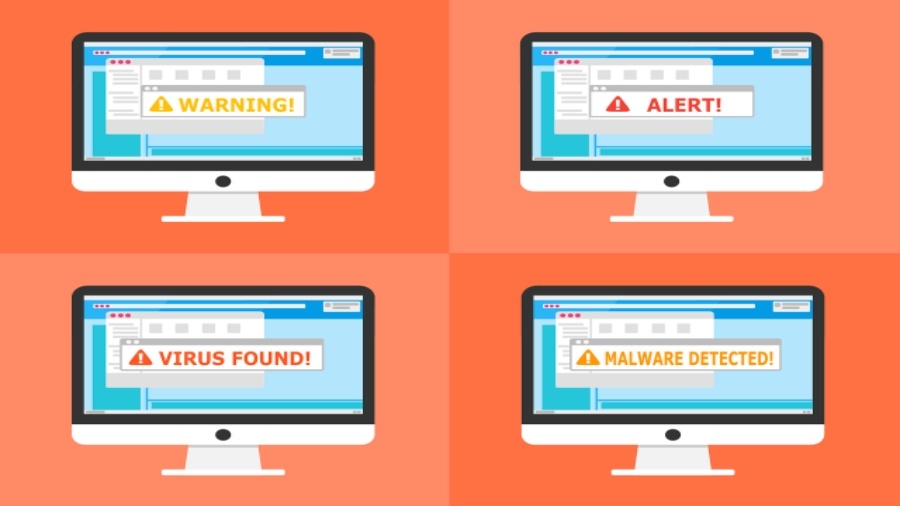All the pirates out there, you might want to hear this. A research conducted at Carnegie Mellon University has found that spending more time on pirate websites can potentially increase the risk of running into malware.
This research was conducted over a span of 12 months by Professor Rahul Telang at CMU, who observed the browsing habits of over 250 participants in the Security Behavior Observatory.
Operators of pirate sites are usually unaware as advertisers and malicious uploaders use such websites to distribute adware or malware. We already knew that, right? But how much risk do we really face?
Telang writes in his research paper: “In particular doubling the amount of time spent on infringing sites cause a 20 percent increase in malware count”.
Whereas other categories of websites such as social networks, shopping, gaming, gambling or even adult sites did not exhibit the same effect.
“Even after we classify malware files into adware and remove them from analysis, our results still suggest that there is a 20 percent increase in malware count due to visits to infringing sites.”
The most surprising fact was that regular pirate site visitors usually do not have anti-virus software installed in their systems.
Although there is no concrete evidence of malware spreading predominantly through pirate sites, the research concludes that the average number of malware files found on a pirate’s machine is 1.5, compared to 1.4 for users who never visit any pirate website.
As users continue to download content for free and illegally, these risks involved could doubtfully prevent the die-hard fans of pirate sites from using it. Do let us know your thoughts in the comments section below.








